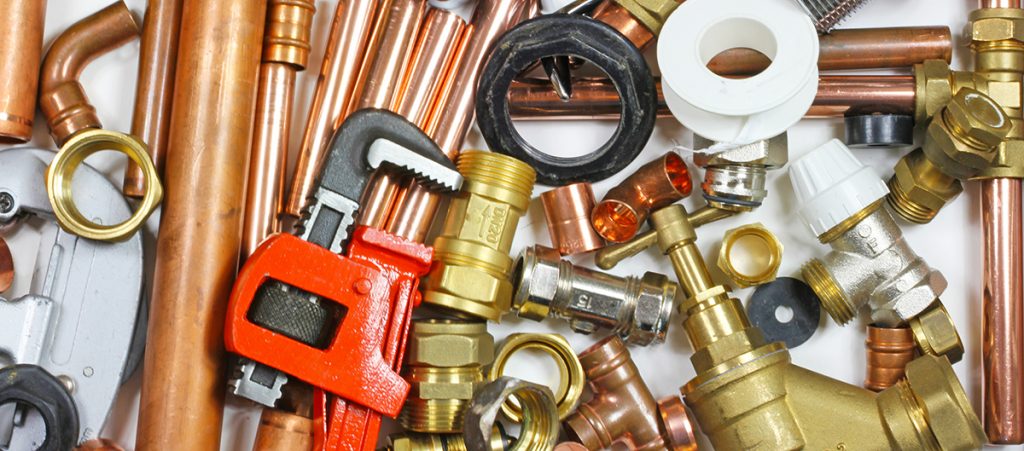
Plumbing in the UK is an essential aspect of modern life, providing the infrastructure necessary for clean water supply, sanitation, and heating in homes, businesses, and public buildings. From ancient Roman aqueducts to contemporary high-tech systems, plumbing has evolved significantly over the centuries, reflecting advancements in technology, engineering, and public health. Today, skilled plumbers play a crucial role in ensuring the efficiency, safety, and functionality of plumbing systems across the United Kingdom.
The history of plumbing in the UK can be traced back thousands of years, with early civilizations developing rudimentary water supply and drainage systems. In ancient times, the Romans constructed elaborate aqueducts, baths, and sewage networks to provide clean water and sanitation to their settlements. Although these early plumbing systems were primitive by modern standards, they laid the groundwork for the sophisticated networks that would emerge in later centuries.
During the medieval period, plumbing in the UK remained relatively rudimentary, with most buildings relying on simple wells, hand pumps, and chamber pots for water supply and waste disposal. However, the Renaissance brought renewed interest in sanitation and public health, leading to the development of more advanced plumbing technologies, such as indoor plumbing and water closets.
The Industrial Revolution of the 18th and 19th centuries marked a turning point in the history of plumbing, with innovations in materials, manufacturing, and infrastructure transforming the field. Cast iron, copper, and later, galvanized steel became popular materials for piping, offering durability and corrosion resistance. Meanwhile, steam-powered pumps and water distribution systems enabled cities to provide clean water to growing urban populations.
In the 20th century, plumbing underwent further evolution with the advent of plastic piping, water treatment technologies, and modern fixtures and fittings. Plastic piping, such as PVC and PEX, revolutionized the industry, offering lightweight, flexible, and cost-effective alternatives to traditional metal pipes. Water treatment plants and filtration systems improved the quality of drinking water, reducing the risk of waterborne diseases. Additionally, advancements in fixture design and engineering led to the development of low-flow toilets, showers, and faucets, promoting water conservation and sustainability.
Today, plumbing in the UK encompasses a wide range of services, including installation, maintenance, repair, and renovation of water supply, heating, and drainage systems. Skilled plumbers undergo extensive training and certification to ensure they have the knowledge and expertise to tackle diverse plumbing challenges effectively.
One of the most critical aspects of plumbing in the UK is water supply and distribution. Plumbers are responsible for installing and maintaining the pipes, pumps, and valves that transport clean water from treatment plants to homes and businesses. They must ensure that water pressure is sufficient, pipes are free from leaks or corrosion, and fixtures are properly installed to prevent contamination or waste.

In addition to water supply, heating systems are another essential component of plumbing in the UK, especially in colder climates. Plumbers install and maintain boilers, radiators, underfloor heating systems, and other heating appliances to provide warmth and comfort to buildings. They must ensure that heating systems are efficient, safe, and compliant with building regulations and environmental standards.
Furthermore, drainage and sewage systems play a crucial role in maintaining public health and environmental sustainability. Plumbers design, install, and maintain drainage networks, sewer lines, and septic tanks to safely remove wastewater and sewage from buildings. They must ensure that drainage systems are properly ventilated, free from blockages, and compliant with health and safety regulations to prevent contamination and pollution.
In recent years, there has been a growing emphasis on sustainability and energy efficiency in plumbing practices. Plumbers are increasingly incorporating renewable energy sources, such as solar thermal and heat pumps, into heating systems to reduce carbon emissions and energy consumption. Additionally, water-saving technologies, such as rainwater harvesting systems and greywater recycling, are becoming more prevalent to conserve water resources and reduce utility costs.
Overall, plumbing plays a vital role in the UK’s infrastructure, supporting public health, safety, and quality of life. Skilled plumbers are essential for ensuring the efficient and reliable operation of plumbing systems, from water supply and heating to drainage and sewage. As technology continues to advance and environmental concerns grow, the role of plumbers in creating sustainable and resilient plumbing solutions will only become more critical in the years to come.
